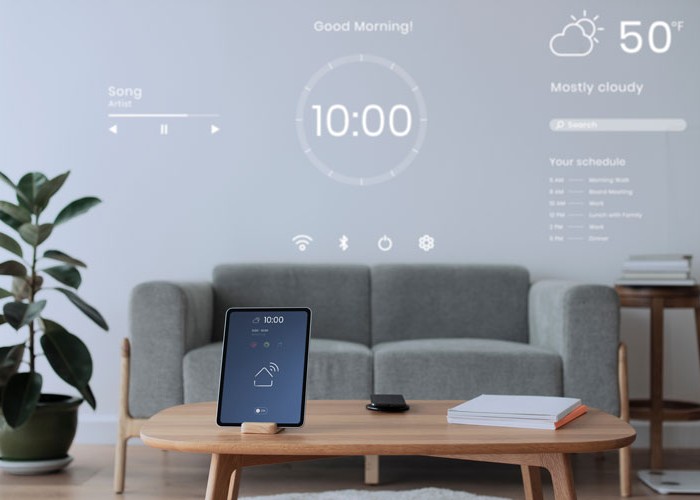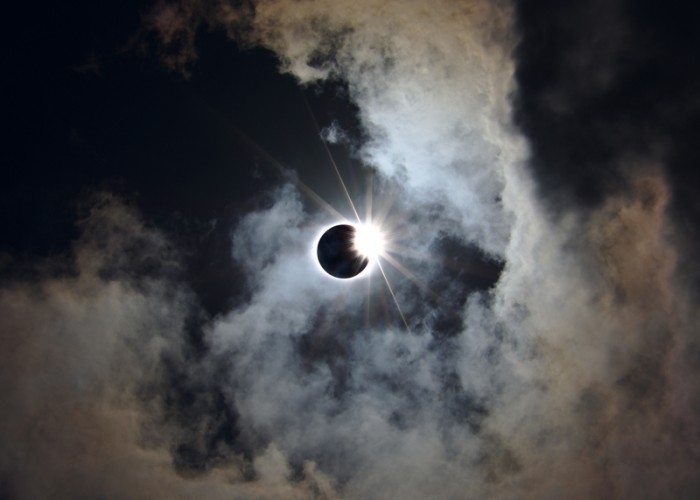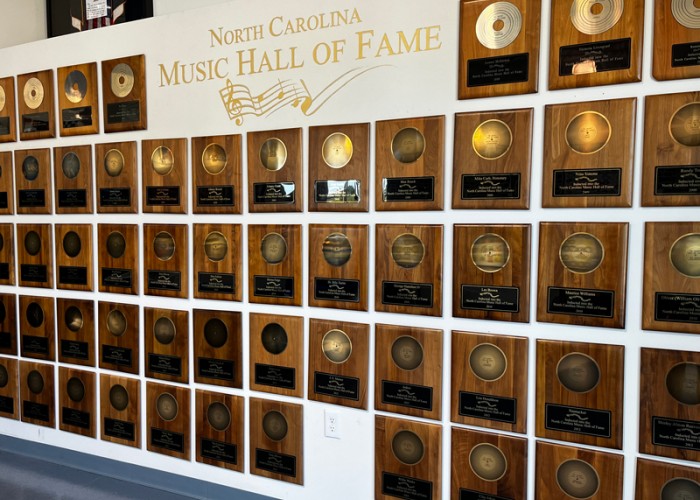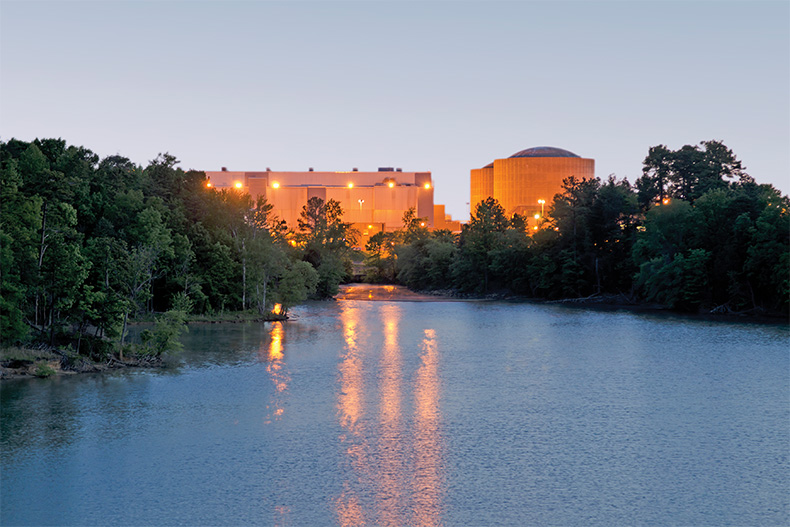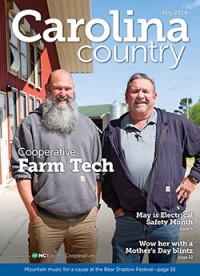As a safe, dependable and carbon-free source of power, nuclear energy is a key contributor to South River EMC’s Brighter Future vision, part of which promotes environmental sustainability, including a goal of net-zero carbon emissions by 2050. More than half of the electricity we provide to our members is generated from nuclear energy, and it will continue to be a critical component of our balanced energy portfolio.
How Nuclear Works
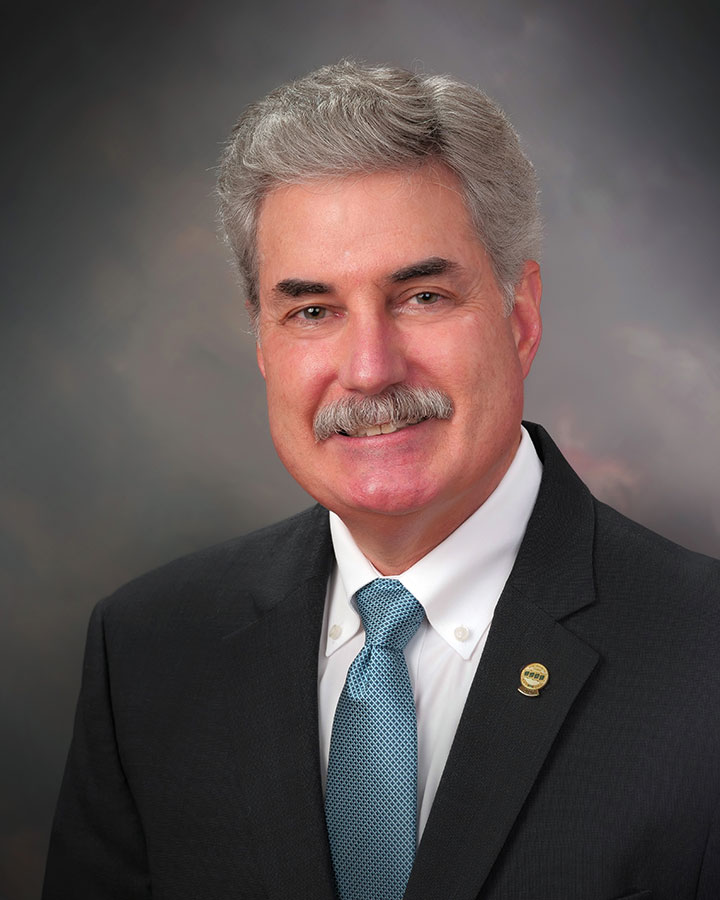
CEO Chris Spears
Nuclear energy is stored in the core of an atom and can be released in the form of heat and radiation when an atom is split, a process known as nuclear fission. Nuclear power plants include a reactor where uranium atoms are split over and over again in a nuclear chain reaction. This reaction is continuously regulated using control rods that absorb neutrons to speed and slow the fission process.
The energy released from the atoms is used to heat water until it boils into steam, which then turns the blades of four turbines that drive the generator that makes electricity. The steam is then cooled back into water and reused to create more steam in an ongoing cycle. The water that touches the nuclear fuel is separate from the water that turns the turbines, and also not the same water that is emitted from the cooling towers as water vapor.
Benefits of Nuclear
The use of uranium instead of fossil fuels makes the energy produced by nuclear fission carbon free. The nuclear process also results in relatively little waste. To ensure safety, spent fuel rods are enclosed in steel-lined concrete pools of water for five years before being stored in special steel and concrete containers. Nuclear power plants are also closely regulated by the U.S. Nuclear Regulatory Commission (NRC), and use numerous technologies and redundancies to keep their systems safe and secure.
Beyond being environmentally sustainable and safe, nuclear power is also extremely reliable. Based on data from the U.S. Department of Energy’s Office of Nuclear Energy, nuclear power plants operated at full capacity more than 93 percent of the time in 2019. Nuclear power plants are designed to run 24 hours a day, seven days a week and can often go up to two years without being refueled.
Electric cooperatives in North Carolina invested in nuclear power years ago, and co-op members continue to benefit from the dependable, affordable and emissions-free power it provides. As more renewables are integrated into our portfolio, nuclear provides “always-on” power that supports reliability and smooths out the intermittency of sources like solar, which produces electricity only during sunny hours.
A Brighter Future for you
You can learn more about the ways we are Powering a Brighter Future by clicking the link below.








